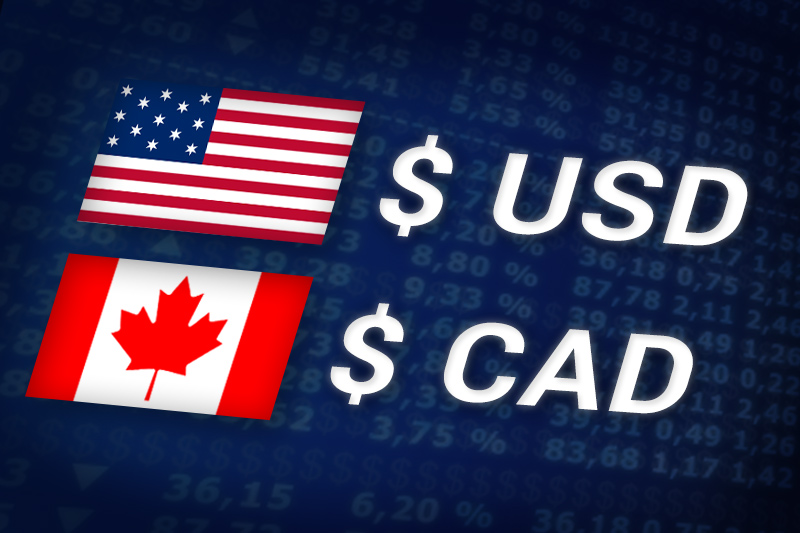Investing.com - The U.S. dollar trimmed gains against its Canadian counterpart on Thursday, pulling back from a more than two-week high after a string of robust U.S. data bolstered market sentiment and dented demand for the safe haven greenback.
USD/CAD pulled away from 1.0051, the pair’s highest since January 31, to hit 1.0009 during early U.S. trade, still up 0.10% on the day.
The pair was likely to find support at 0.9937, Wednesday’s low and a four-day low and resistance at 1.0050, the session high.
Market sentiment firmed up after official data showed that U.S. initial jobless claims unexpectedly fell to their lowest level since March 2008 last week, declining to 348,000, confounding expectations for an increase to 364,000.
A separate report showed that the number of building permits issued in the U.S. in January rose 0.7% to a seasonally adjusted 0.68 million, broadly in line with market expectations.
Another report showed that core producer price inflation rose more-than-expected in January, rising by 0.4%, while PPI rose by 0.1% in January, below expectations for a 0.3% gain.
But concerns over a delay on a second bailout for Greece persisted after a teleconference of euro zone finance ministers on Wednesday failed to reach a decision about the issue.
European Union officials are believed to be looking at delaying all or part of Greece's bailout until after a general election in the country, which is expected to take place in April.
The greenback was also supported after ratings agency Moody's warned that it may cut the credit ratings of 114 banks in 16 countries across Europe, citing banks' vulnerability to the sovereign debt crisis in the euro zone.
The loonie, as the Canadian dollar is also known, was higher against the euro, with EUR/CAD slipping 0.29% to hit 1.3028.
Later Thursday, U.S. Federal Reserve Chairman Ben Bernanke was due to speak, while the U.S. was to publish official data on manufacturing activity in Philadelphia.
USD/CAD pulled away from 1.0051, the pair’s highest since January 31, to hit 1.0009 during early U.S. trade, still up 0.10% on the day.
The pair was likely to find support at 0.9937, Wednesday’s low and a four-day low and resistance at 1.0050, the session high.
Market sentiment firmed up after official data showed that U.S. initial jobless claims unexpectedly fell to their lowest level since March 2008 last week, declining to 348,000, confounding expectations for an increase to 364,000.
A separate report showed that the number of building permits issued in the U.S. in January rose 0.7% to a seasonally adjusted 0.68 million, broadly in line with market expectations.
Another report showed that core producer price inflation rose more-than-expected in January, rising by 0.4%, while PPI rose by 0.1% in January, below expectations for a 0.3% gain.
But concerns over a delay on a second bailout for Greece persisted after a teleconference of euro zone finance ministers on Wednesday failed to reach a decision about the issue.
European Union officials are believed to be looking at delaying all or part of Greece's bailout until after a general election in the country, which is expected to take place in April.
The greenback was also supported after ratings agency Moody's warned that it may cut the credit ratings of 114 banks in 16 countries across Europe, citing banks' vulnerability to the sovereign debt crisis in the euro zone.
The loonie, as the Canadian dollar is also known, was higher against the euro, with EUR/CAD slipping 0.29% to hit 1.3028.
Later Thursday, U.S. Federal Reserve Chairman Ben Bernanke was due to speak, while the U.S. was to publish official data on manufacturing activity in Philadelphia.
